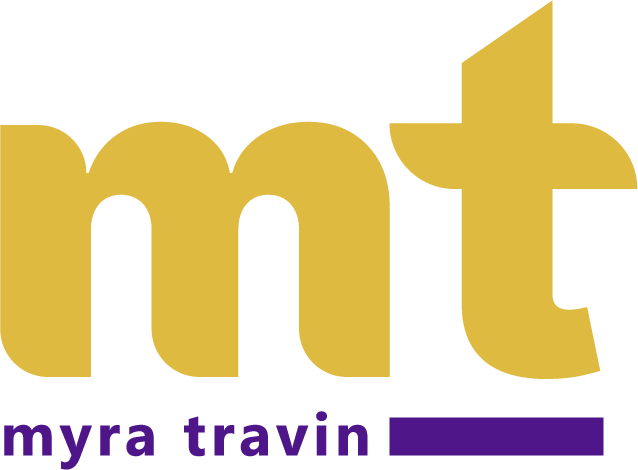Whoa. Everyone has been there. The late nights, the late week, the late month, and the Annus horribilis leading to the missing vacations three years running.
In other words, your work life.
This is the time where your job became the most important—or even the only important—thing in your life, and everything else took a back seat. In the recent blistering New York Times article, “Inside Amazon: Wrestling Big Ideas in a Bruising Workplace,” the picture painted is not pretty of a culture of innovation past the limits of human boundaries. But the article outlines an odd dichotomy of millennial requirements for go-go fun perks against a backdrop of harsh survival of the fittest gamesmanship.
Having worked in numerous tech companies, I was not surprised to read this, surprised only that someone actually said it. One Amazon Human Resources Director was quoted as calling it, “Purposeful Darwinism.” Is it true? I don’t work there.
But at another Fortune 50, I met a man who told me that if he could continue to be paid at the same rate but had a choice of working at the company or picking up garbage on the side of the road, he’d rather pick up garbage. Yikes.
It’s a well-known fact at tech companies that people do not tend to bond with a particular company, and instead jump around as soon as the stock options are vested. Money flows freely, but it’s being spent quickly, too. Some companies avoid this by contracting: those people who are hired for their expertise are often treated like second-class citizens and internally disparaged, like a modern-day caste system. If this is the land of the free and the home of the brave, one has to wonder how we have let things get so far as having people become tools of innovation. Interchangeable, replaceable, and like cannon fodder in war, they step up as placeholders to be mowed down until the next fresh recruits arrive.
So how does a culture of competition, relentlessly expanding technology, and bloody innovation endanger learners? It’s what I think about all day long. What does this do to a culture of learning? How does learning even happen in this type of culture?
Learning takes place in an environment where two factors are present: time and safety. The human brain needs time to process new information, and especially in corporate settings where learning tends to be the veritable drinking-from-the-firehose experience. Time to process has become more and more rare—you are simply supposed to immediately download the information and processes, like Trinity learning to fly the helicopter in “The Matrix.”
As far as safety, it is difficult for the mind to process, explore, and be creative in a situation where every decision is life and death and where one feels pressured, frightened, and in danger. No matter how cool or clever the technology that surrounds the design, learning presented in an atmosphere of fear or retribution is ineffective and does not result in long-term retention, productivity, or creativity. It leads to more of the same group-think that keeps everyone safe. Learning in this environment can be seen as dangerous.
As I always see learners/users as the key to my work, I can’t help but think of them today. How have we come to this? A nation of slaves to the corporate greater good? And when I say good, I mean profit, of course. How is it possible that someone would rather pick up garbage than learn? If our workplaces have become bastions of Purposeful Darwinism, dog eating other cubicle dog, learning will never have a home there. Learning will be done in response to this culture, and not as an integral part of it.
In the coming month, I will continue to talk about personalization and what learners must do to survive in environments that are less than ideal. This may turn out to be many of the places in which they find themselves. As I am not selling a software platform or a university degree but freedom of the individual to learn, I hope you will become a radical, independent learner no matter where you are. Because taking control of your own learning now means survival.





